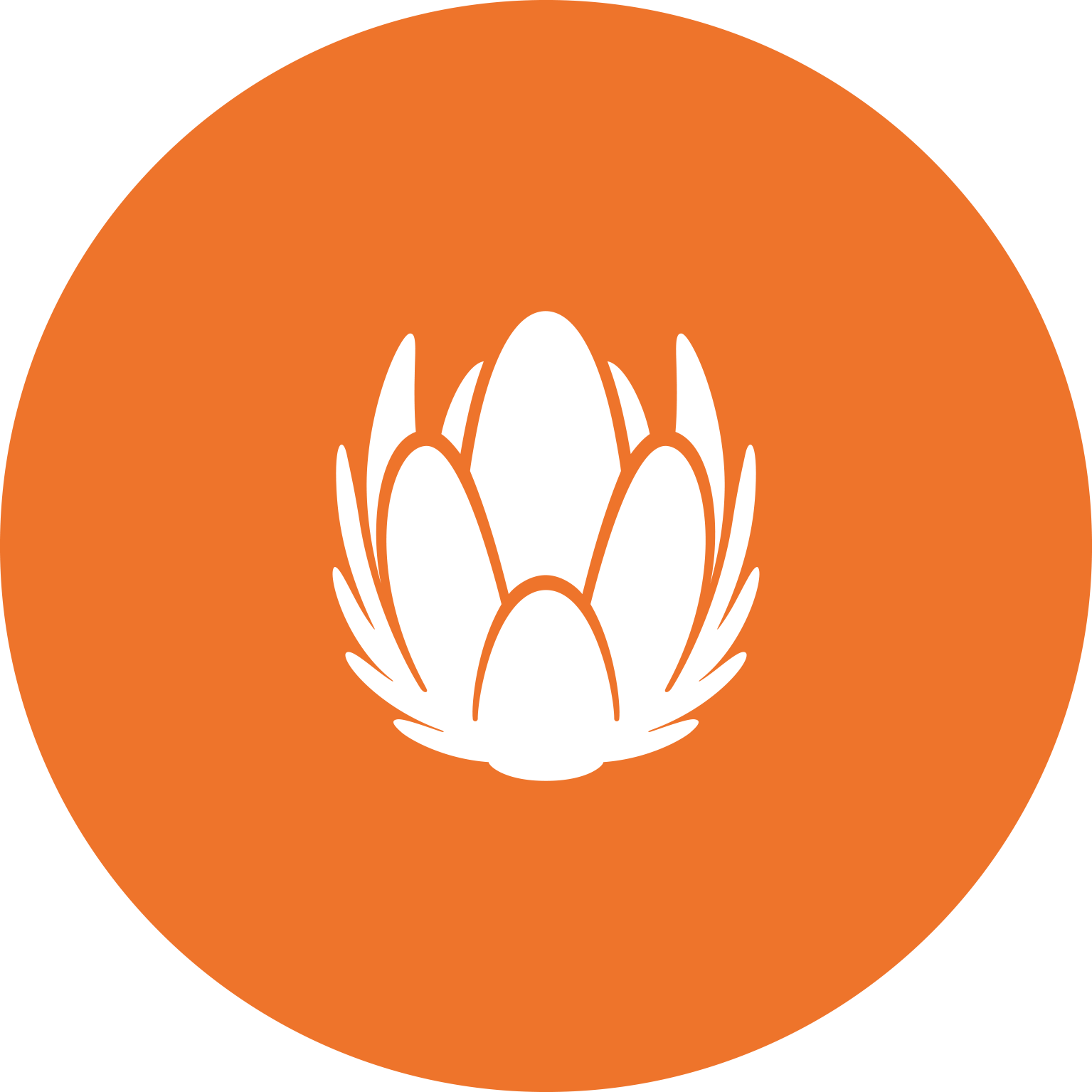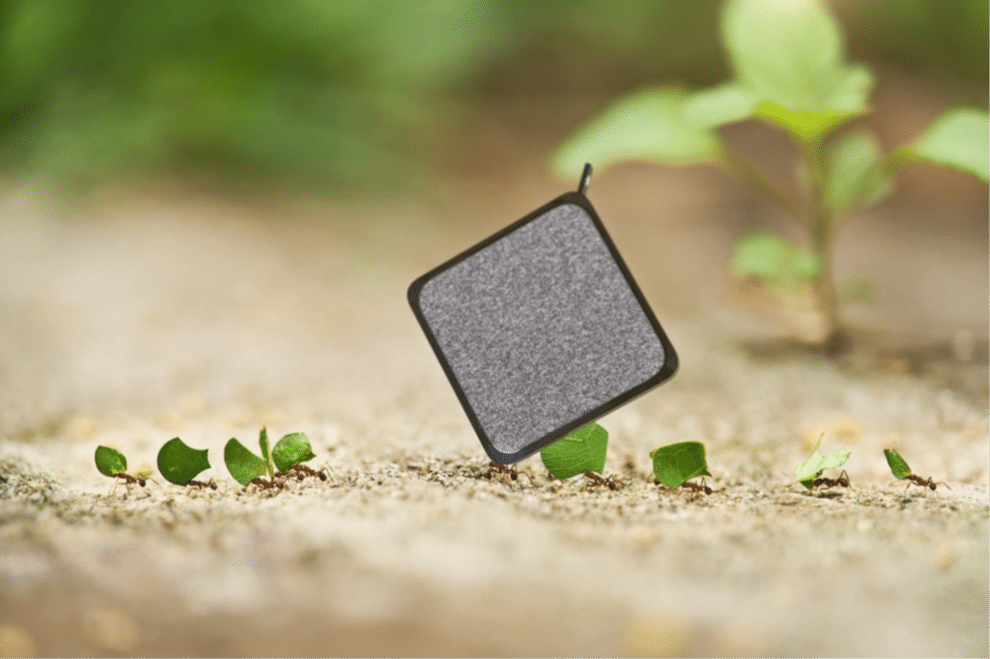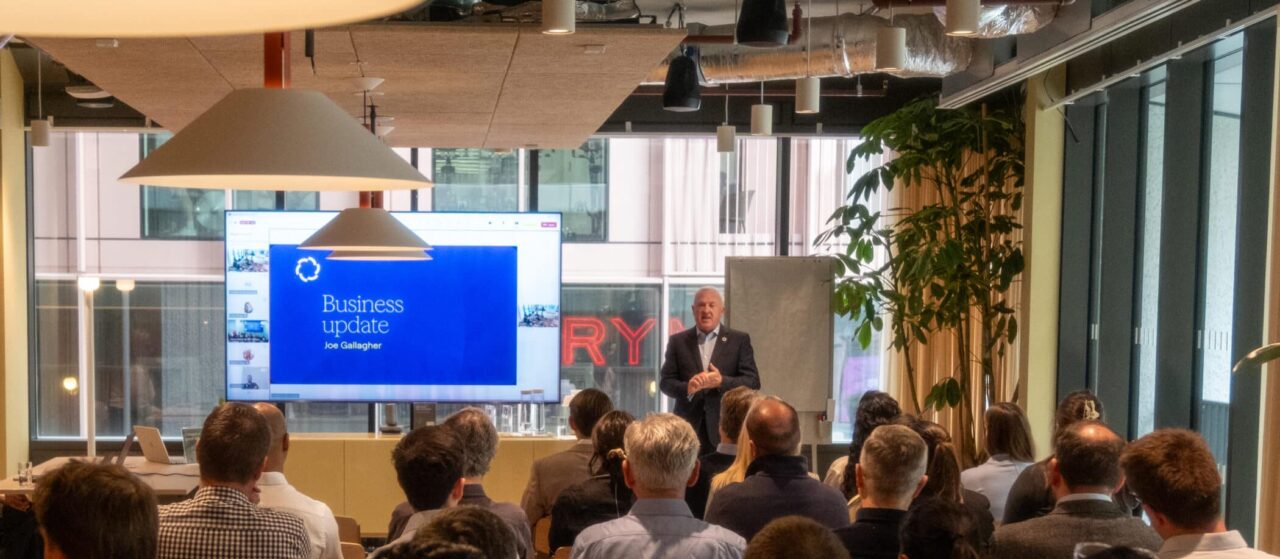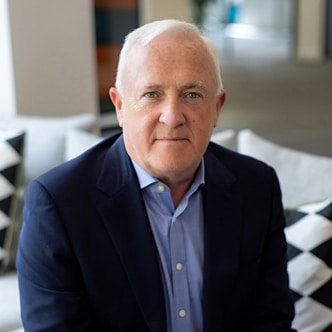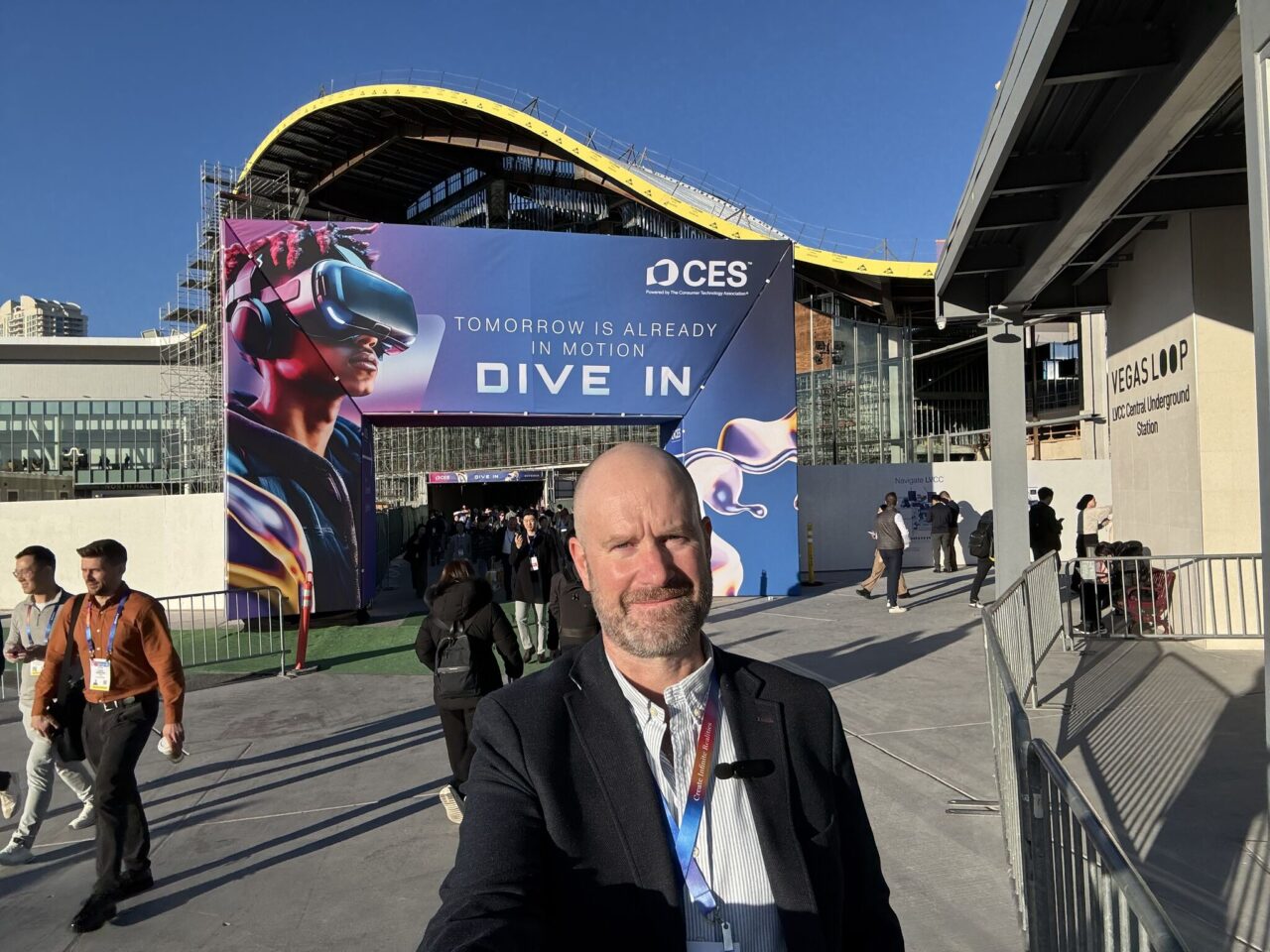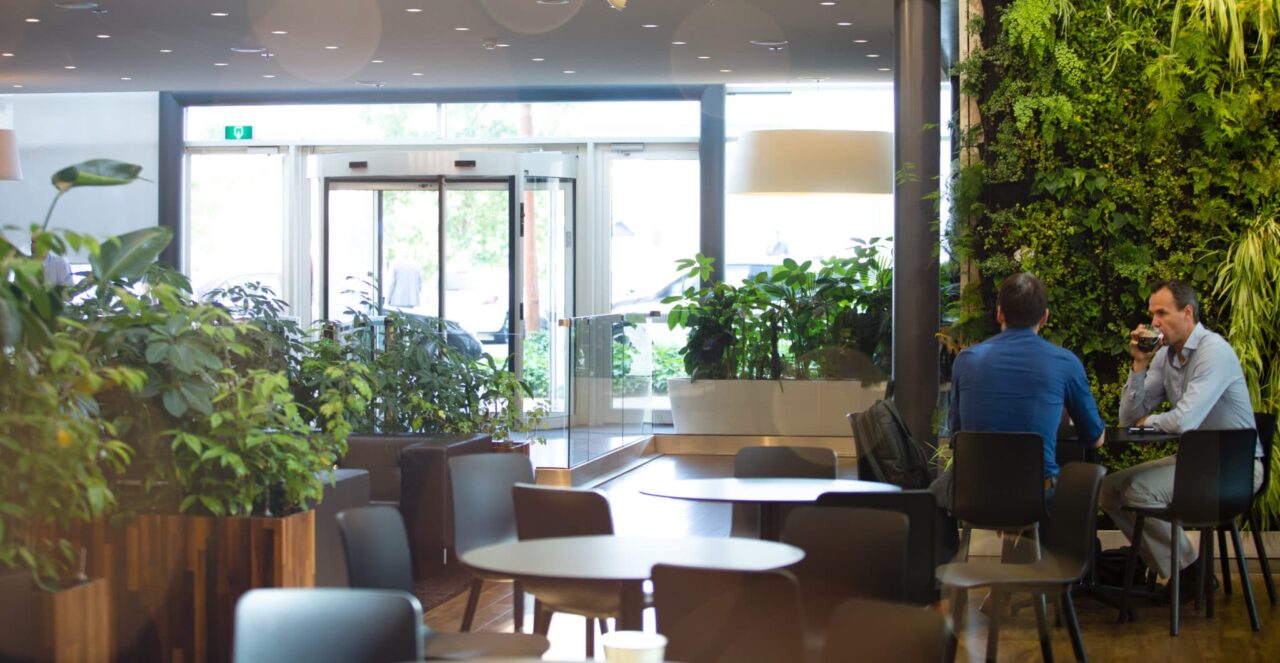From our set-top boxes to our modems and remote controls, continuous improvement has been our ethos and approach when it comes to product innovation.
Our latest Mini TV Box, called the Apollo V1+, is no exception. For years, generations of the Apollo have seen steady improvements as the model evolved across design, energy efficiency, materials and packaging with each iteration showcasing the latest in sustainability, inclusion and cutting-edge technology.
Now, our product development and corporate responsibility teams are celebrating another milestone in the TV Box’s journey, as Carbon Trust has verified its Life Cycle Assessment.
A Life Cycle Assessment (LCA) is a detailed study of a product and its environmental impact across its lifetime – spanning raw materials sourcing, product manufacturing, packaging, distribution and consumer usage, to how products are disposed at the end of their lives.
Carbon Trust verification shows that an independent, world-recognised body has validated our data collection and assessment, verifying that they’re aligned with global reporting standards. It’s a marker of credibility and transparency to our customers and partners within the industry.
Charting Apollo’s life cycle from start to finish
The rigorous process of conducting an LCA set out to capture the Box’s carbon footprint to make data-driven decisions behind future improvements. The approach not only helps us measure our total company carbon emissions, including the indirect emissions, but also deepens our understanding of and validates our sustainability efforts.
Our LCA looked into all stages of our TV Box’s life cycle from creation to end of life, measuring its carbon footprint in each step across:
- Production, including pre-manufacturing and producing the box, its remote control and accompanying HDMI and USB cables
- Transport, including packaging, shipping, and distribution of the unit from manufacturers in Asia to our operating companies in Europe and into customers’ homes
- Usage, including its energy consumption within the home
- End-of-life, including refurbishing and recycling its parts
Bear in mind, end-of-life can indicate a second life as we prioritise circular design and refurbishment, keeping our products in use for as long as possible.
We documented Mini TV Box’s life cycle across our markets in the UK, the Netherlands, Ireland, Belgium and Switzerland, taking into account the unique nuances of each country. For instance, the process enabled us to see a sizeable opportunity in the Netherlands where the current energy mix includes a higher portion of fossil fuels, which leads to higher CO2 emissions in the use stage compared to other markets like Switzerland with greater access to clean energy.
And we found what works – that using bulk transport packing to ship the devices from factory to warehouse made a significant impact in reducing emissions. On the flipside, we learned our production and use phases were the two biggest contributors to emissions, depending on the market, providing us with clearcut areas for refining.
Collaboration was at the forefront of this process with input across our business, including product development, international suppliers, and partners such as Ecochain Technologies, who helped us with mapping the LCA within their software tool and visualize key impact areas.
Setting the benchmark in data-driven insights
The LCA provides us with a solid framework and crucial insights into where we’re making great strides in the Mini TV Box’s innovation. With it in hand, we have a compass guiding its sustainability performance and shaping our KPIs with credible, science-based data points and reporting.
From our vantage point as a team, building a responsible product goes hand in hand with driving innovation and delivering a best-in-class product for customers. We’re proud of this chapter in the Mini TV Box’s story and its role in our People Planet Progress strategy as it paves the way for future LCAs.

